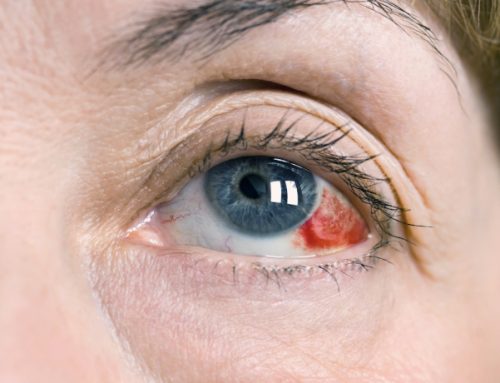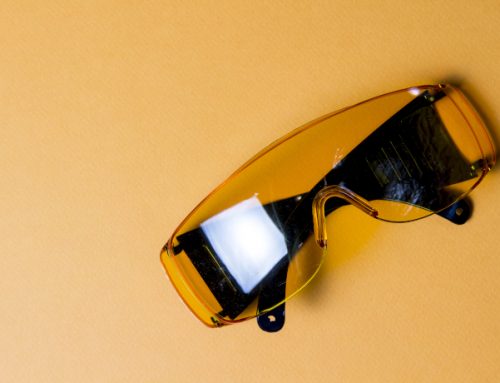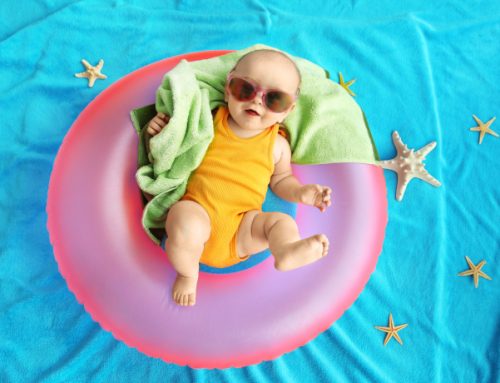Did you know that the sun can harm your eyes?
 Today, we all know that UV rays can be harmful to us, especially our skin. But, did you know UV and other radiation from the sun also can harm your eyes? Extended exposure to the sun’s UV rays has also been linked to eye damage including cataracts, macular degeneration, pterygia, photokeratitis all of which can cause temporary vision loss. If you limit exposure to the sun and protect your eyes from the sun with sunglasses, you can minimize damage caused from the sun.
Today, we all know that UV rays can be harmful to us, especially our skin. But, did you know UV and other radiation from the sun also can harm your eyes? Extended exposure to the sun’s UV rays has also been linked to eye damage including cataracts, macular degeneration, pterygia, photokeratitis all of which can cause temporary vision loss. If you limit exposure to the sun and protect your eyes from the sun with sunglasses, you can minimize damage caused from the sun.
The Dangers of UV Rays for Eyes
Sunglasses are not just for style. Sunglasses can help protect your eyes from harmful solar radiation. There are all sorts of styles to choose from when it comes to sunglasses. The best style is a wraparound style that will protect your eyes from all sides. Not all sunglasses block 100 percent of UV rays. It is also important to wear your sunglasses even in the shade. Although shade reduces your UV and HEV exposure to some degree, your eyes still will be exposed to UV rays reflected from buildings, roadways and other surfaces. If you’re unsure about the level of UV protection your sunglasses provide, take them to your eye doctor or optician for an evaluation. However, if you are thinking about purchasing a good pair of sunglasses that will protect your eyes from the sun, consider stopping by West Side Eye Clinic and see our great selection of sun glasses.
Kids Should Wear Sunglasses Too
Did you know that the risk of damage to your eyes and skin from solar UV radiation is cumulative. This means the danger continues to grow every time we spend time in the sun throughout our lives. Children should not only wear sun block and a hat, but also wear sunglasses. In fact, some experts say that because children tend to spend significantly more time outdoors than most adults, up to half of a person’s lifetime exposure to UV radiation can occur by age 18. Also, children are more susceptible to retinal damage from UV rays because the lens inside a child’s eye is clearer than an adult lens, enabling more UV to penetrate deep into the eye.





